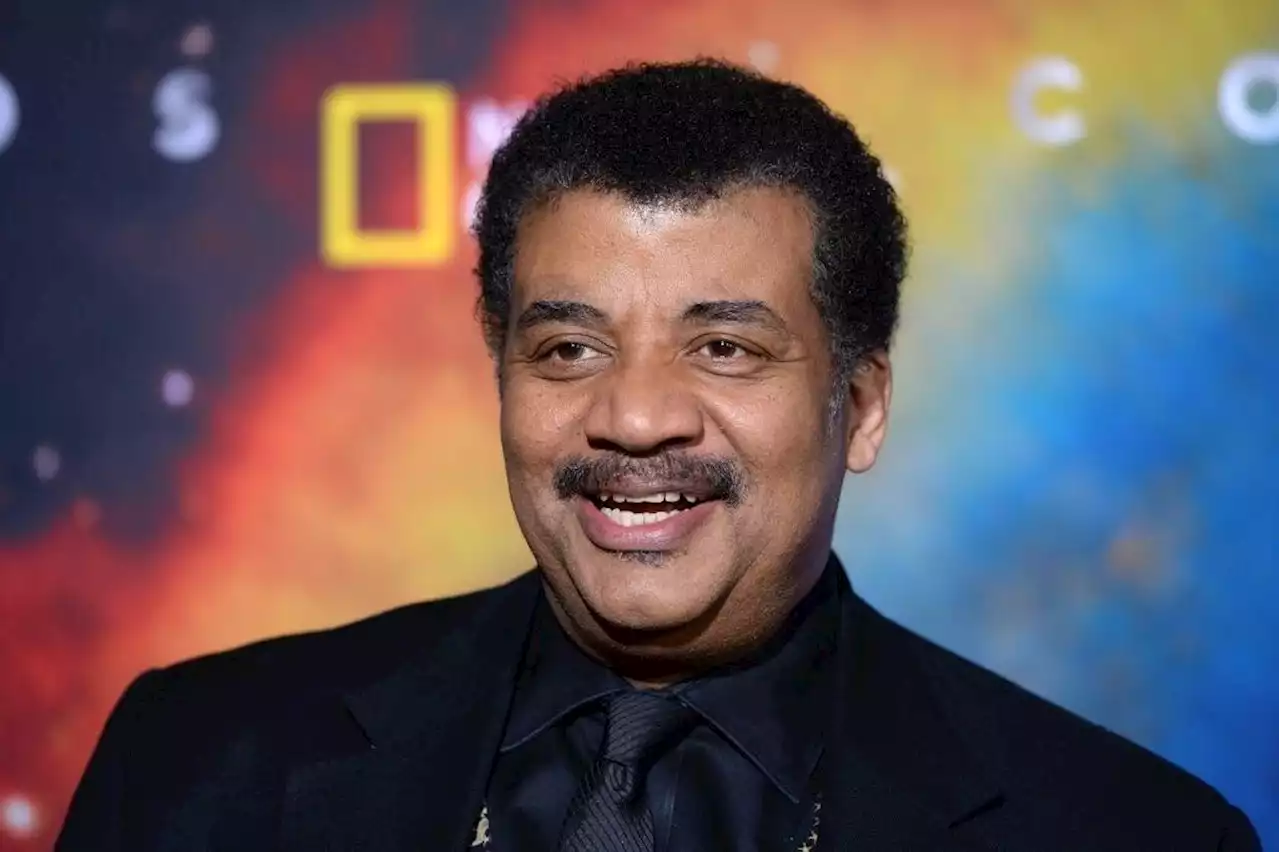The 1948 election nearly threw the country into a state of paralysis.
Jeff Greenfield is a contributing writer at POLITICO Magazine covering U.S. politics. He’s a five-time Emmy-winning network television analyst and has written multiple books about American politics.that we’ve named “The Closest Calls,” author and journalist Jeff Greenfield looks at some of the most narrowly decided presidential elections.
And not all of the dissatisfaction with Truman was ideological; all through the first part of 1948, there were efforts to find a different Democratic nominee simply because few thought Truman could win. A prominent liberal group, Americans for Democratic Action, urged the party to nominate General Dwight Eisenhower.
With Truman’s job approval at a historically low 37 percent, there was good reason for the political and journalistic establishments to paint Truman as a sure loser. The polling firm of Elmo Roper even announced in early September that it would cease polling on the presidential race, because the outcome was so clear. Major news organizations in the days before the election ran pieces heralding the incoming Republican administration.
What was overlooked — then and now — is how perilously close the United States came to a deadlocked contest that would have rocked American democracy, shaking the public’s confidence in our electoral system while giving Southern segregationists a chance to extort the country.Look at two key states. In California, where nearly 4 million votes were cast, Truman won by about 18,000 votes giving him the state’s 25 electoral votes.
The likely consequence would have been attempts to persuade electors to switch enough of their votes to make an electoral majority; one plausible case would focus on making the popular vote winner the president. But how many GOP electors would be willing to face the wrath of their party back home? One daunting factor was the makeup of the new House and the 48 state delegations. Democrats had majorities in exactly 25 states, the bare minimum needed for a majority. But four of those states — Alabama, Louisiana, Mississippi, South Carolina — had voted for Thurmond. If the House delegations of any one of those four Thurmond states cast their votes for the South Carolina governor, there would be no majority.
United States Latest News, United States Headlines
Similar News:You can also read news stories similar to this one that we have collected from other news sources.
 Zhilei Zhang follows upset of Joe Joyce with vicious KO in rematchZhilei Zhang's upset of Joe Joyce in April might have been a shocker, but he showed Saturday it was no fluke.
Zhilei Zhang follows upset of Joe Joyce with vicious KO in rematchZhilei Zhang's upset of Joe Joyce in April might have been a shocker, but he showed Saturday it was no fluke.
Read more »
 Neil deGrasse Tyson Reveals New Sci-Fi Movie Has Upset Armageddon for Worst PhysicsThe renowned physicist says Armageddon is no longer sci-fi's most unrealistic movie.
Neil deGrasse Tyson Reveals New Sci-Fi Movie Has Upset Armageddon for Worst PhysicsThe renowned physicist says Armageddon is no longer sci-fi's most unrealistic movie.
Read more »
